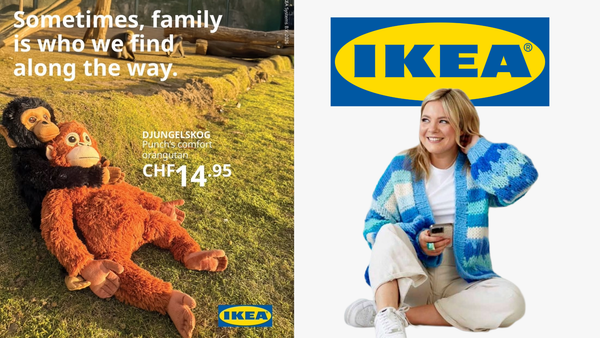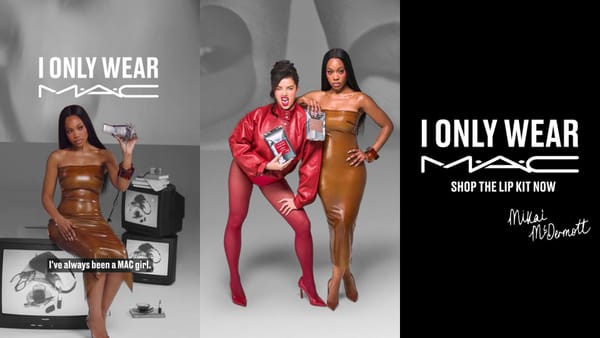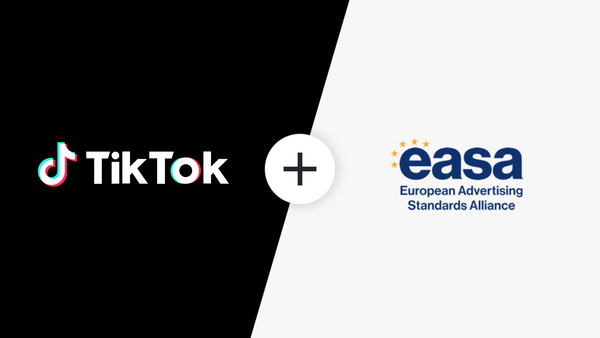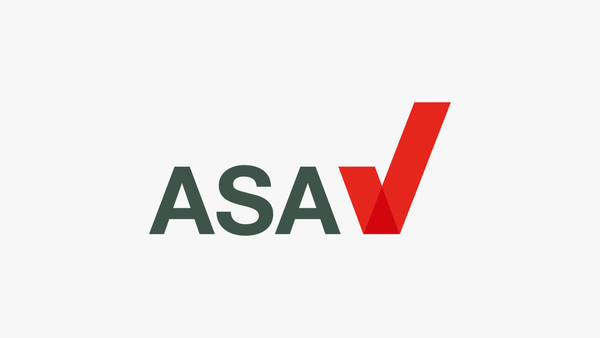According to the UK Influencer Survey 2020 published today by Vuelio in partnership with Canterbury Christ Church University, one in five influencers (including bloggers, vloggers and Instagrammers) say brand collaborations have become their main source of income. This figure has doubled since 2016, up from 8% in 2016 to 19% in 2020.
This is according to the UK Influencer Survey 2020 published today by Vuelio in partnership with Canterbury Christ Church University, which looks at how much influencers earn, how they feel they’re treated in relation to the media, and their commercial relationships.
The biggest growth given in terms of why people blog is ‘it’s my main source of income’, up 11% in the last four years, compared to ‘it’s a hobby’ which has declined by 8% in the same period. This suggests a natural progression from influencing for a hobby to pursuing it as a career as their influencer skills and followers grow.
In 2016, 38% of respondents reported influencing professionally compared to 49% now, mirroring the growth of the numbers of platforms and the growth of the industry itself.
Earning income
When it comes to how influencers earn their income, two thirds (61%) charge for sponsored blog posts while half (46%) do so for sponsored social posts. However, they earn most from brand ambassador programmes where 16% would charge over £500 per collaboration, and one in ten (9%) charge more than £1,000. This is because typically these involve a variety of content creation on behalf of a brand over an extended period of time.
Overall, three quarters (77%) of all influencers charge for collaboration, with a quarter (23%) charging over £250. One in twenty (4%) charge more than £1,000 for any brand-led activity.
“Over the last four years, there has been a sustained increase in the number of influencers who have turned what was seen as a hobby into a viable career. Their success goes hand in hand with influencer marketing as a whole becoming more professional with a much-needed focus on transparency and standards. This will be vital to its long-term future,” commented Natalie Orringe, chief marketing officer at Vuelio.
Building own brand
The study reveals that most influencers spent between 5-10 hours per week on their channel but over the last four years, those spending 30 hours working on their channel has increased 8% to reach 18%.
“Influencers are working harder, with more spending more than 30 hours per week and almost a fifth treating it as their main role. Much of this additional work is driven by cross-channel content creation, using a blog as the ‘mother’ channel then creating content to disseminate across other social media ‘children’ namely Instagram, Twitter and Facebook,” commented Kristine Pole from the Business School, Canterbury Christ Church University.
“In this way, influencers are starting to build their own media brand and with only 30% of all content receiving compensation, will need to balance their independence with the demands of advertisers.”
These results are based on a survey conducted with 482 influencers between February and March 2020. While the survey was largely conducted before lockdown measures were introduced, a number of influencers shared their experience and confirmed they had seen an initial decline in paid commissions but in contrast, had seen an increase in online traffic and engagement, reflecting a wider trend of people consuming more content online during lockdown.
The study also reveals the continued dominance of five key topics (lifestyle, travel, food, parenting, and fashion and beauty) which account for nearly three in six (57%) of all influencers.








